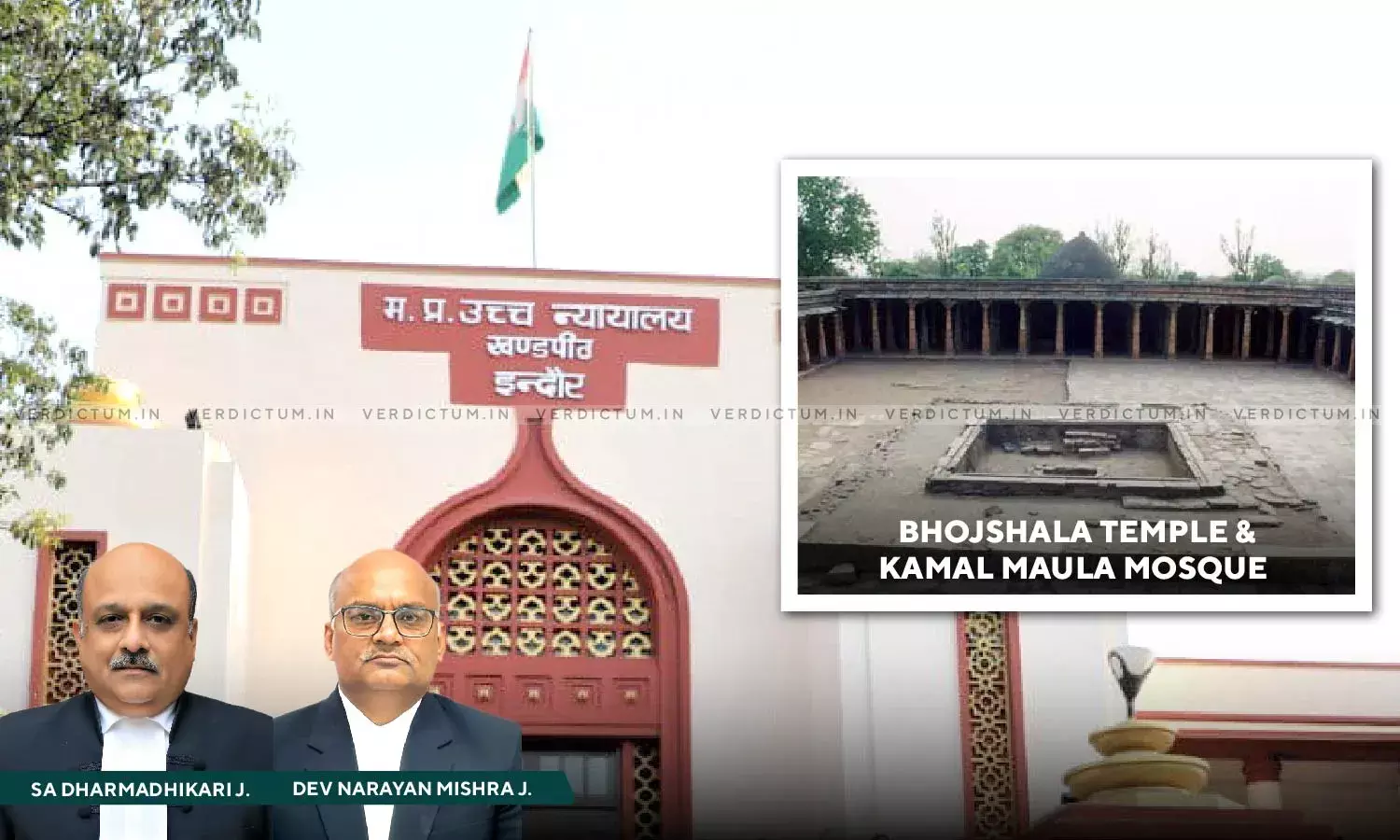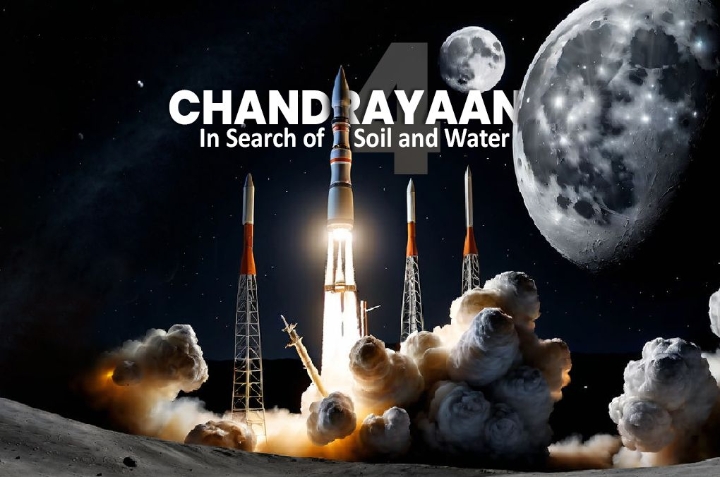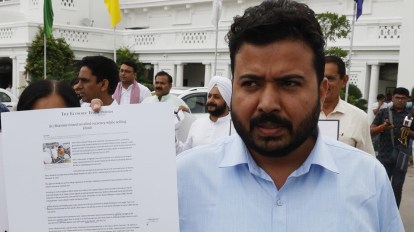In a significant move towards preserving cultural heritage and fostering communal harmony, The Madhya Pradesh High Court has granted permission for the Archeological Survey of India (ASI) to conduct a survey of the historic Bhojshala Temple cum Kamal-Maula Mosque complex in Dhar.
The Bhojshala Temple holds immense religious significance for both Hindus and Muslims, with Hindus revering it as the temple of Goddess Waghdevi, while Muslims regard it as Kamal Moula’s mosque. This dual identity has often led to tensions in the area, particularly during times like Basant Panchami when religious observances collide.
Advocate Vishnu Shankar Jain, who spearheaded the plea for the ASI survey, expressed satisfaction at the court’s decision. He highlighted that the court has mandated the formation of a five-member committee comprising ASI officials, with a directive to submit a comprehensive report within six weeks. Importantly, the Places of Worship Act of 1991, which typically governs such matters, does not apply in this instance due to the monument’s ASI protection status.
The Bhojshala Temple complex has been a focal point of contention, underscored by incidents such as the placement of an idol of Goddess Saraswati inside the ancient structure last September, prompting heightened security measures. However, the subsequent removal of the idol by authorities served as a testament to the delicate balance required in managing the site’s diverse religious affiliations.
The ASI survey represents a crucial step towards safeguarding the architectural and historical legacy of the Bhojshala Temple, while also addressing the sensitivities of both Hindu and Muslim communities. It presents an opportunity to assess the structural integrity of the monument, document its cultural significance, and pave the way for inclusive preservation efforts.
Beyond its archaeological significance, the Bhojshala Temple stands as a symbol of India’s rich religious and cultural heritage, where diverse traditions converge in a shared space. The ASI’s involvement underscores the government’s commitment to upholding secular values and promoting mutual respect among religious communities.
As the survey unfolds, it is hoped that it will not only provide insights into the monument’s past but also pave the way for a future where the Bhojshala Temple remains a beacon of coexistence and understanding in the heart of Madhya Pradesh.




One thought on “Preservation and Harmony: ASI Survey of Bhojshala Temple in Madhya Pradesh”